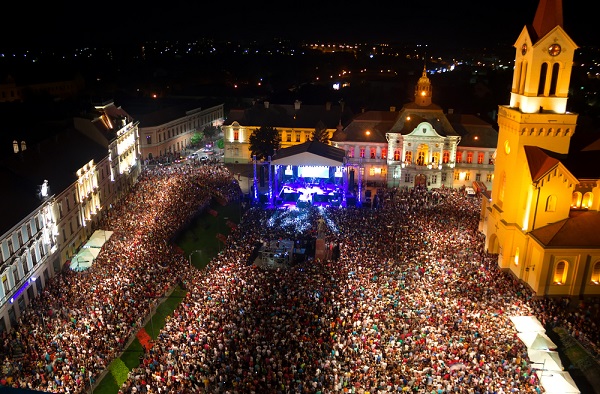Uncertainty for Special Events as Coronavirus Takes its Toll

By: Will Jones
As events large and small, global and local are canceled due to coronavirus lockdown restrictions, special events insurers are paying the price.
Swiss Re booked a hit of $476 million for anticipated and actual claims that were mainly related to the cancellation or postponement of events like the Olympics, according to Reuters. Meanwhile, Markel estimates COVID-19 losses of $325 million, according to Insurance Journal.
COVID-19 has hit the event industry hard, explains Stephanie Waldron, senior vice president, events and attractions, K&K Insurance Group. “Unfortunately, we are seeing events canceled well into the fall season,” she says. “Going forward, we will see communicable disease exclusions and we anticipate event holders will be modifying risk management with respect to social distancing sensitivities.”
Many insurers may not be lucky enough to survive the impact. “It’s probably going to take six months, but because so many people, especially on the property side in business interruption are getting hammered with coronavirus claims, this is going to put a lot of people out of business,” says Patrick Gavin, managing director, Alive Risk, an underwriters and risk managers firm with extensive knowledge and experience in special events and entertainment. “I think it’s probably too early to tell, but we’re going to see a change in the landscape over the next year because of claims coming in.”
Lingering over the decimation of the special events insurance market is the hangover from over a decade of soft pricing, followed by a handful of lean years due to weather-related claims. “Over the last nine months to a year, the contingency market has been hardening significantly,” Gavin says. “We’ve been seeing rates double, if not triple, on events. Some of those events had a clean history.”
Over the past few years, “the market has been battered,” Gavin says, which means a lot of players have decided to leave the market. Moreover, while the cancellation of large events such as the Olympics, Euro 2020 and the South by Southwest® music and conference event grab the headlines, personal and small-scale events are being canceled too. Small event rates will increase on the liability side but “if they’re looking for cancellation, they’re going to have little to no chance of being able to afford them because of the size of the events and the clientele paying for them.”
Furthermore, the uncertainty created by a lack of understanding about how long public gatherings will be banned is taking its toll on special events insurance. And for events that have already been insured at an earned premium, some carriers are cutting and running by returning the premium to the insured.
For insurance professionals, this means that it’s a “time to be creative” and “for agents to push back on their carriers to see what their stance is and to make sure they’re not making exceptions for some of their bigger partners and not an independent agent,” Gavin says, whose company decided that they weren’t going to live by their policy language by retaining earned premiums for one-off events scheduled for during the pandemic. “We have to be flexible and look at these clients as future clients by treating them the right way.”
“We’ve been canceling the policy and returning all the premium. I think that’s the right thing to do,” he says. For fixed entertainment facilities, such as a mini-golf center that’s been closed by their municipality, “a lot of carriers are not allowing them to reduce their revenues more than a certain percentage and are still making them pay full premiums but delaying that premium based on state regulations,” Gavin explains.
“We took that a step further because why are they paying a full premium right now? What we’ve done is taken off the participant coverage, put an exclusion on there and basically gave them premise-only coverage,” he adds. “The question is, are you looking to gain a client for just one event or for a lifetime?”
Will Jones is IA managing editor.










